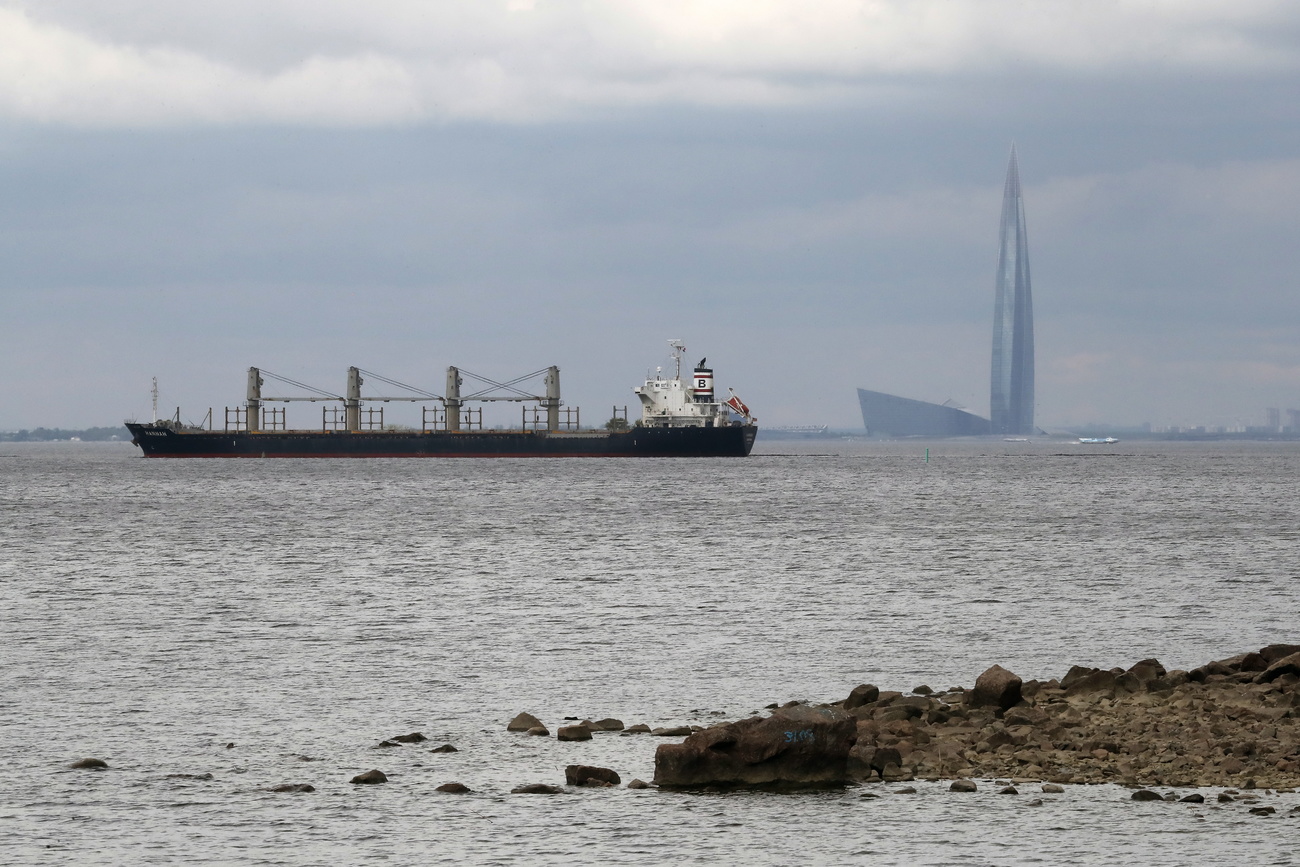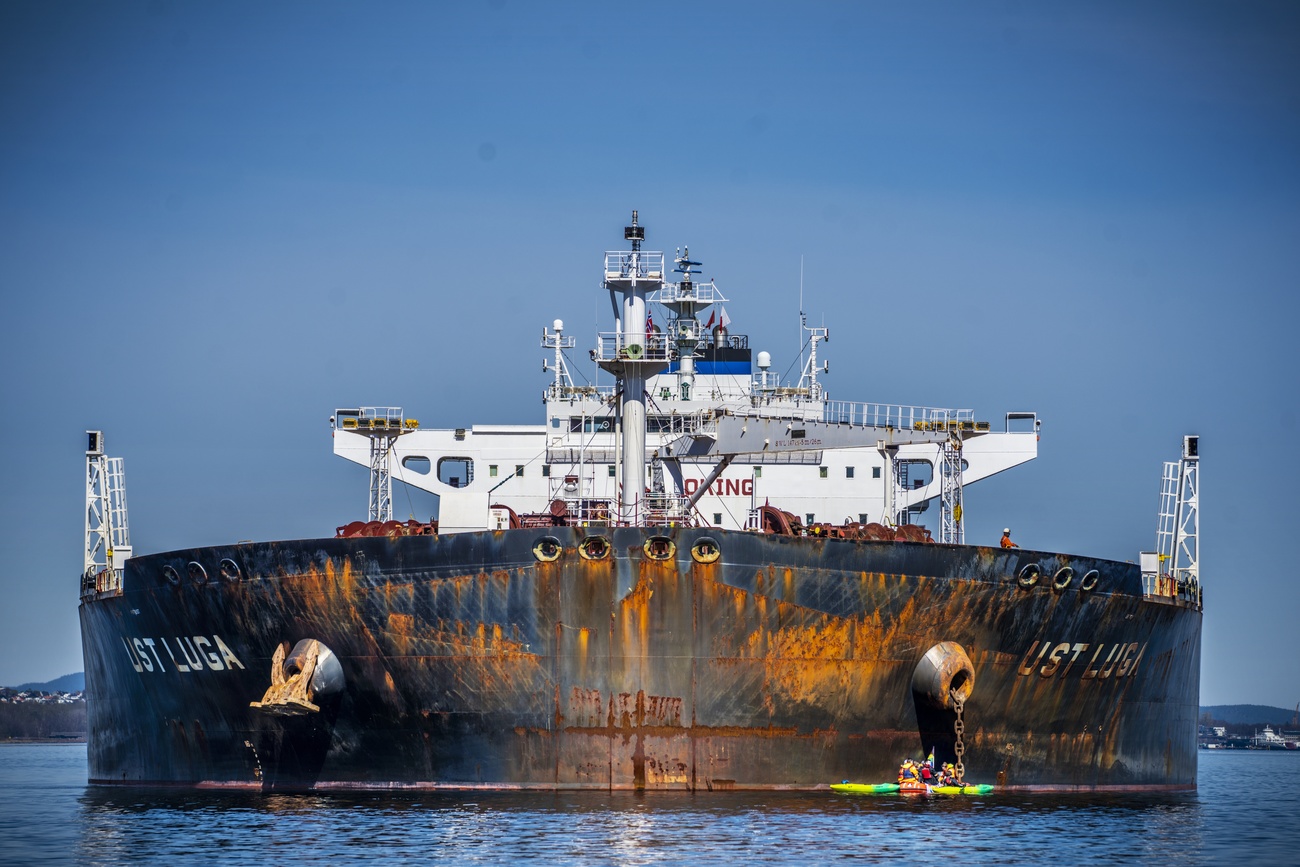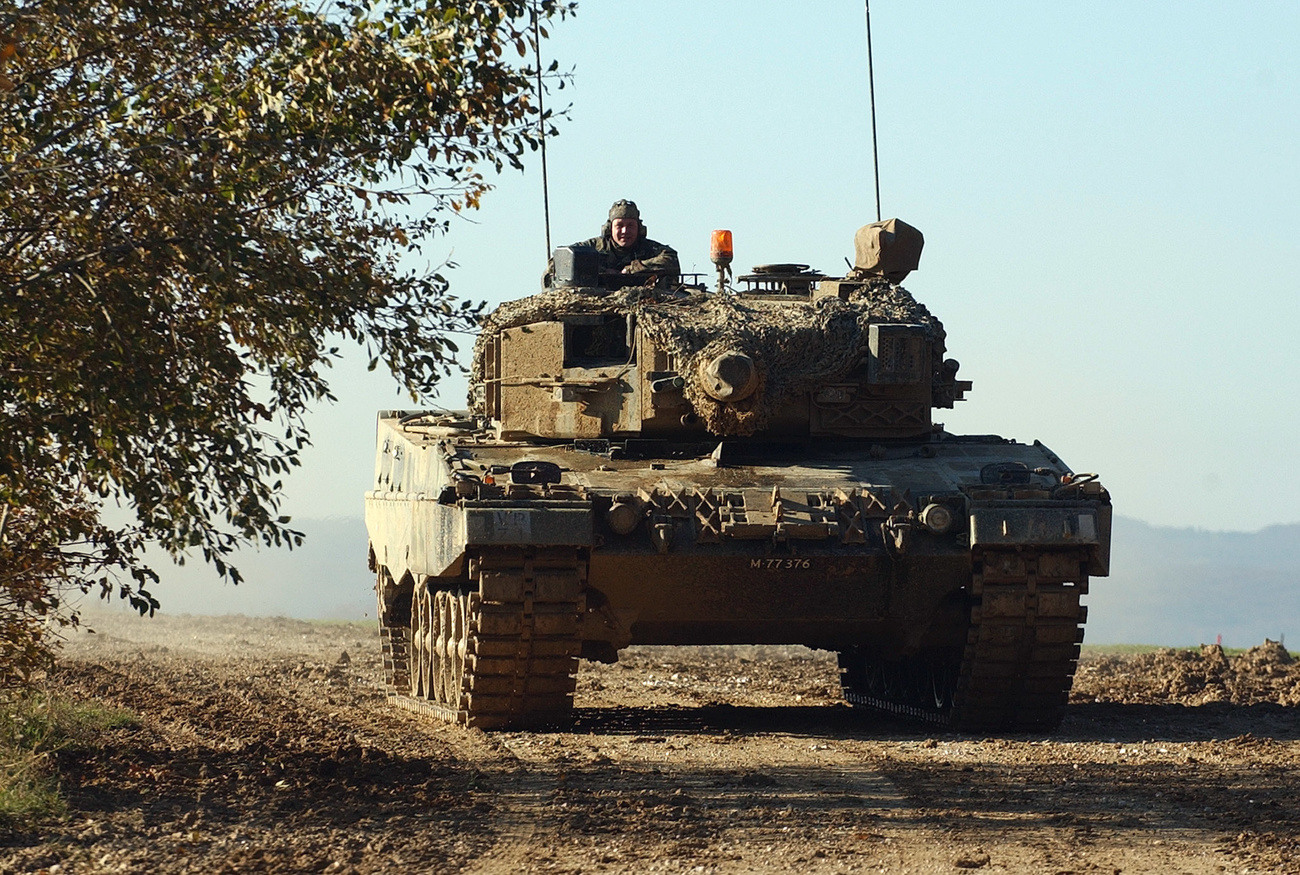
Swiss adopt Russian oil ban and other sanctions over Ukraine war

The Swiss government has adopted the latest set of European Union sanctions against Russia and Belarus over the war in Ukraine, including an embargo on crude oil imports and certain refined petroleum products from Russia.
The Federal Council on Friday decidedExternal link to adopt the sixth package of sanctionsExternal link agreed by EU countries on June 3. It includes an embargo that will be introduced progressively on all Russian crude oil delivered by sea to Europe from early December; a ban on all Russian refined oil products will be introduced two months later.
Russia supplies 40% of the EU’s gas and 27% of its imported oil. For Switzerland, most imported crude oil comes from Nigeria, the United States and North Africa, not Russia (responsible for only 0.3% of imported crude oil). Swiss imports of crude oil represent 25% of the total imported, while 75% is oil that has already been refined in the EU.

More
Switzerland mulls impact of possible EU ban on Russian oil
The Swiss authorities have also imposed financial and travel sanctions on around 100 more Russian and Belarusian individuals and entities. The new Swiss sanction list is identical to that of the EU.
Those blacklistedExternal link include military personnel held responsible for the atrocities committed in Bucha and Mariupol in Ukraine. Among those named was Colonel Azatbek Omurbekov, who Brussels and Bern said led Russian troops as they “killed, raped and tortured civilians in Bucha”. Russia has denied killing civilians in Bucha.
Also named was Mikhail Mizintsev, nicknamed the “Butcher of Mariupol”, a general who is accused of orchestrating the siege and bombardment of Mariupol that killed thousands of civilians. Russia denied targeting civilians in Mariupol.
Another prominent addition to the blacklist is Alina Kabaeva, who is described as “closely associated” with President Vladimir Putin, although she has denied they are romantically linked. Aleksandra Melnichenko, the wife of Russian billionaire Andrey Melnichenko, was also added to the latest sanction list.
So far, about 1,000 individuals and entities have been placed on the Swiss sanctions list.
SWIFT exclusion
The Swiss government also approved the removal of four more Russian and Belarusian banks from the international SWIFT financial messaging system, including Sberbank, Russia’s largest bank. The government also decided that the provision of accounting and business consulting services is now prohibited.
The list of goods banned for export – goods which could help to strengthen Russia in military and technological terms or to develop its defence and security sector – as well as a list of “economically important” goods banned for import, has been extended.
Neutral Switzerland is not a member of the EU, but it decided to join the 27-nation bloc in imposing sanctions on Russia at the end of February, following pressure from other countries and prompting criticism from Russia.

More
War in Ukraine: neutral Switzerland re-confirms its position on war material transfers

In compliance with the JTI standards
More: SWI swissinfo.ch certified by the Journalism Trust Initiative


























You can find an overview of ongoing debates with our journalists here . Please join us!
If you want to start a conversation about a topic raised in this article or want to report factual errors, email us at english@swissinfo.ch.